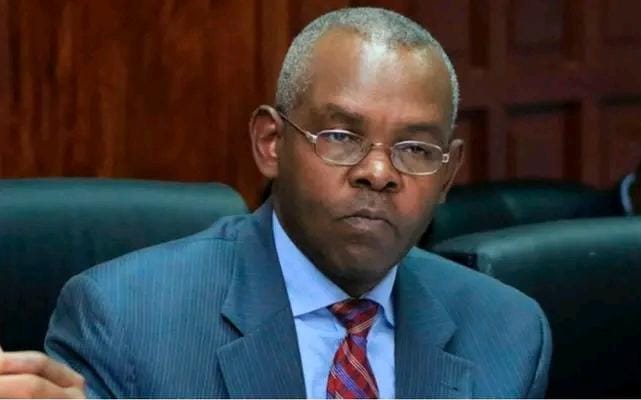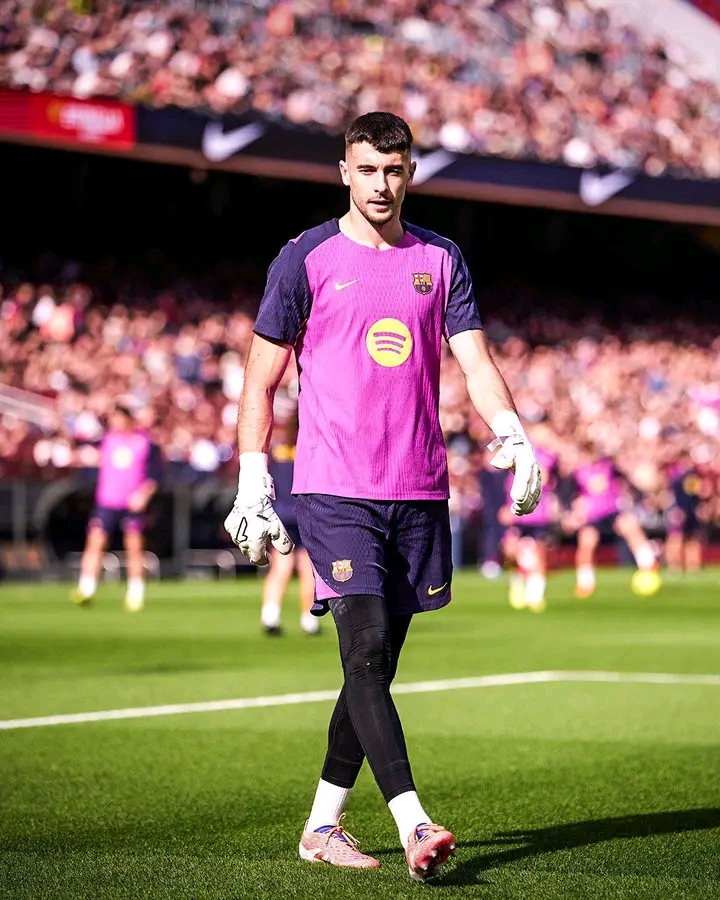
CBK Governor Explains Why Kenya Is Seeking a New IMF Deal
Central Bank of Kenya (CBK) Governor Kamau Thugge has shed light on the government’s decision to pursue a new financing agreement with the International Monetary Fund (IMF), saying it is aimed at stabilizing the economy, strengthening investor confidence, and easing the country’s debt burden. Speaking during the IMF and World Bank Annual Meetings in Washington, D.C., Thugge emphasized that the deal would help Kenya sustain macroeconomic stability while maintaining fiscal discipline amid global financial pressures.
The Governor explained that the proposed IMF programme is part of Kenya’s strategy to manage its external debt obligations, reduce reliance on costly domestic borrowing, and attract foreign investment. He noted that IMF-backed arrangements act as a seal of approval for international creditors and development partners, assuring them of Kenya’s commitment to prudent financial management. “A new IMF facility would allow the government to refinance maturing debts on better terms and create room for private sector growth by lowering domestic borrowing costs,” Thugge stated.
According to the CBK chief, the Kenyan shilling has shown signs of stabilization in recent months, trading at around KSh 129 against the U.S. dollar, while inflation has dropped below 5 percent. He attributed these positive indicators to sound monetary policies but stressed that the economy still requires support to navigate global shocks, including high fuel prices and unpredictable commodity markets. Thugge said the IMF programme would also help maintain exchange rate stability and ensure adequate foreign exchange reserves.
Thugge clarified that Kenya’s request is for a funded programme, meaning the country seeks actual disbursements rather than a non-lending arrangement. He added that Kenya will remain within the normal IMF borrowing limits, noting that the country has already accessed about 536 percent of its quota under previous programmes. “We are not seeking exceptional access,” he said. “Our aim is to stay within sustainable limits while ensuring the country has enough fiscal space to meet its obligations.”
The CBK Governor further argued that an IMF deal would send a strong signal to other multilateral lenders such as the World Bank and the African Development Bank, potentially unlocking additional concessional funding. This, he said, would reduce Kenya’s dependence on expensive commercial loans and relieve pressure on the local financial market. “IMF engagement has a catalytic effect—it builds confidence and encourages other institutions to partner with Kenya,” Thugge added.
Kenya’s previous Extended Fund Facility (EFF) and Extended Credit Facility (ECF) programme, worth $3.6 billion, expired earlier this year after the government failed to meet some fiscal targets. The Treasury and CBK are now negotiating the terms of the new deal, which is expected to include reforms in revenue mobilization, expenditure management, and debt transparency.
Thugge acknowledged that IMF-supported programmes often come with stringent conditions but assured Kenyans that the new deal would prioritize social welfare and sustainable growth. “The goal is not austerity but stability. We want to create an environment where inflation remains low, debt is manageable, and investors have confidence in Kenya’s economy,” he said.
Negotiations between Kenyan officials and IMF representatives are ongoing in Washington, with details of the final agreement expected to be announced once both sides reach consensus. If approved, the deal is expected to strengthen Kenya’s fiscal position and help restore confidence in the economy amid a tightening global financial environment.

